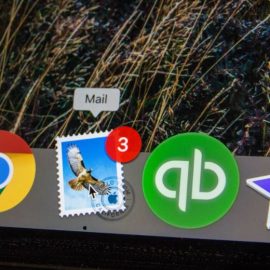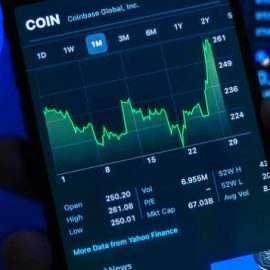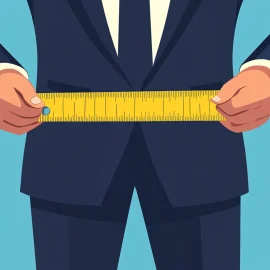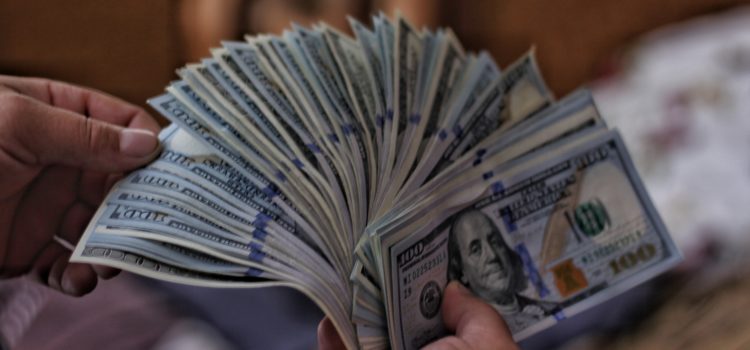
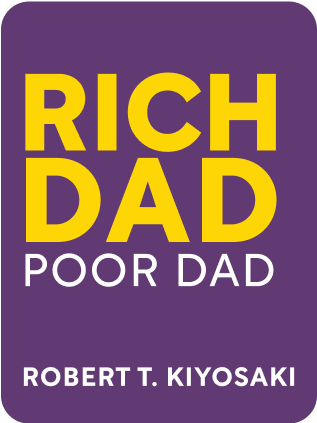
This article is an excerpt from the Shortform summary of "Rich Dad Poor Dad" by Robert T. Kiyosaki. Shortform has the world's best summaries of books you should be reading.
Like this article? Sign up for a free trial here .
What are real assets, and why do you need them?
Part of achieving financial independence is learning the anwswer to the question what are real assets? As you explore what real assets are, you’ll find out how to build long term wealth.
What Are Real Assets
As you work to answer the question “what are real assets?” you’ll learn about liabilities. So how do you put your money to work for you? The key is to buy things that generate income (assets). You do NOT want to buy things that lose money over time or incur large expenses (liabilities).
This is obvious enough. But the most deceptive investments look like assets, but are actually liabilities. Here are some examples of real assets:
- Businesses that don’t require your presence. You own them, but they’re managed by other people. If you have to work there for it to generate money, it becomes your job.
- Only start a business if you have a desire for it. The odds are against you and the stress is high. You don’t have to make money this way.
- Stock, bonds, funds, and other securities.
- Kiyosaki once liked tax liens, which he claims returned 16%, but says since then more attention has made this less profitable.
- Income-generating real estate. In particular:
- Using debt to lever up on more houses. In other words, with $500k, you could buy one $500k house and use it to make income. Or, you could pay $100k down payments for 5 houses and get rental income from 5 houses.
- (Shortform caveat: note that with more leverage, if the houses lose value, you also magnify your losses, as in the 2008 recession.]
- Buying under-market properties, like from foreclosures, and reselling them quickly.
- Kiyosaki notes that today foreclosures are competitive and he’s looking elsewhere.
- Using steady cash flow from rental income to make riskier bets, like in the stock market.
- Consider buying property that’s larger than what you need. Then sell off a piece to someone else. This will let you broaden the opportunities you find.
- When selling a property, trade it for a larger one to avoid immediate taxes on the gain. (Section 1031)
- Using debt to lever up on more houses. In other words, with $500k, you could buy one $500k house and use it to make income. Or, you could pay $100k down payments for 5 houses and get rental income from 5 houses.
- Notes (IOUs).
- Royalties from intellectual property such as music, scripts, patents.
- Anything that has value, produces income, appreciates, and has a ready market.
(Shortform note: Rich Dad, Poor Dad contains lots of (possibly embellished) examples of super-profitable real estate deals. Unfortunately the book covers the question “what are real assets?” but doesn’t cover how to find or generate valuable assets, which is a much more complicated topic and specific to the industry.)
Making Your Money Work For You
Think about each dollar as your employee that works 24 hours a day tirelessly to make you more money. This is why you need to make sure you invest in real assets—so your dollars work for you, not the other way around.
The tradeoff between today’s expenses and future income should be clear. Every dollar you spend today is a dollar that does not work for you again, in perpetuity.
Further, avoid situations where you have to dip into savings or investments. Find creative ways to come up with the money, protect your assets, and learn to identify what real assets are.
Liability: Buying a House as a Primary Residence
In Robert Kiyosaki’s view, the most common mistake is buying a house as a primary residence, and considering it an asset and their primary investment. So if a house isn’t it, what are real assets?
His reasoning:
- You don’t get rental income on your house. Meanwhile, you’re paying large expenses – mortgage, property taxes, upkeep. In steady state, this represents monthly negative cashflow that requires income to compensate. (Shortform note: Kiyosaki basically considers things assets only if they generate cash.)
- This is why many are stuck in the rat race – someone buys an expensive house. Now she has high monthly expenses, so she has to keep working to sustain it. Yes, the house may be appreciating, but that doesn’t help her high month to month expenses.
- The money tied up as a down payment, building up home equity, and paying expenses has a large opportunity cost. That money could be better spent on higher returning assets.
- While real estate can appreciate over the long term, there’s no guarantee of this.
- Even if real estate appreciates, you get the gain only on liquidation. (Kiyosaki seems to prefer investments with clearer short-term outcomes.)
- Considering your house as your primary investment causes a few subtle problems, including overspending on the house and depleting cash for other investments through the large down payment or monthly expenses.
- Many people buy a new house every number of years, each time incurring a new 30-year loan without really truly owning the house.
Shortform Explanation
Though he answers the question “what are real assets?” Kiyosaki doesn’t address that people obviously have to live somewhere, and paying rent would also be an expense. And, typically, the monthly mortgage payment is lower than the monthly rent of the home, which is where people often get tripped up.
But Rich Dad, Poor Dad isn’t great about these tactical details – one of its major failings. Going through the exercise, neither option is a clear home run, depending on your assumptions of how the housing market and stock market change.
So, what are real assets? Real assets are an important part of achieving financial independence. You can carefully consider your own assets and liabilities and work on acquiring real assets.

———End of Preview———
Like what you just read? Read the rest of the world's best summary of Robert T. Kiyosaki's "Rich Dad Poor Dad" at Shortform .
Here's what you'll find in our full Rich Dad Poor Dad summary :
- The key differences in how rich dad and poor dad approached life
- Why it's a terrible idea to buy an expensive house
- How to overcome your own mental blocks to become wealthy for life

